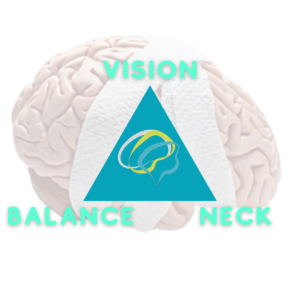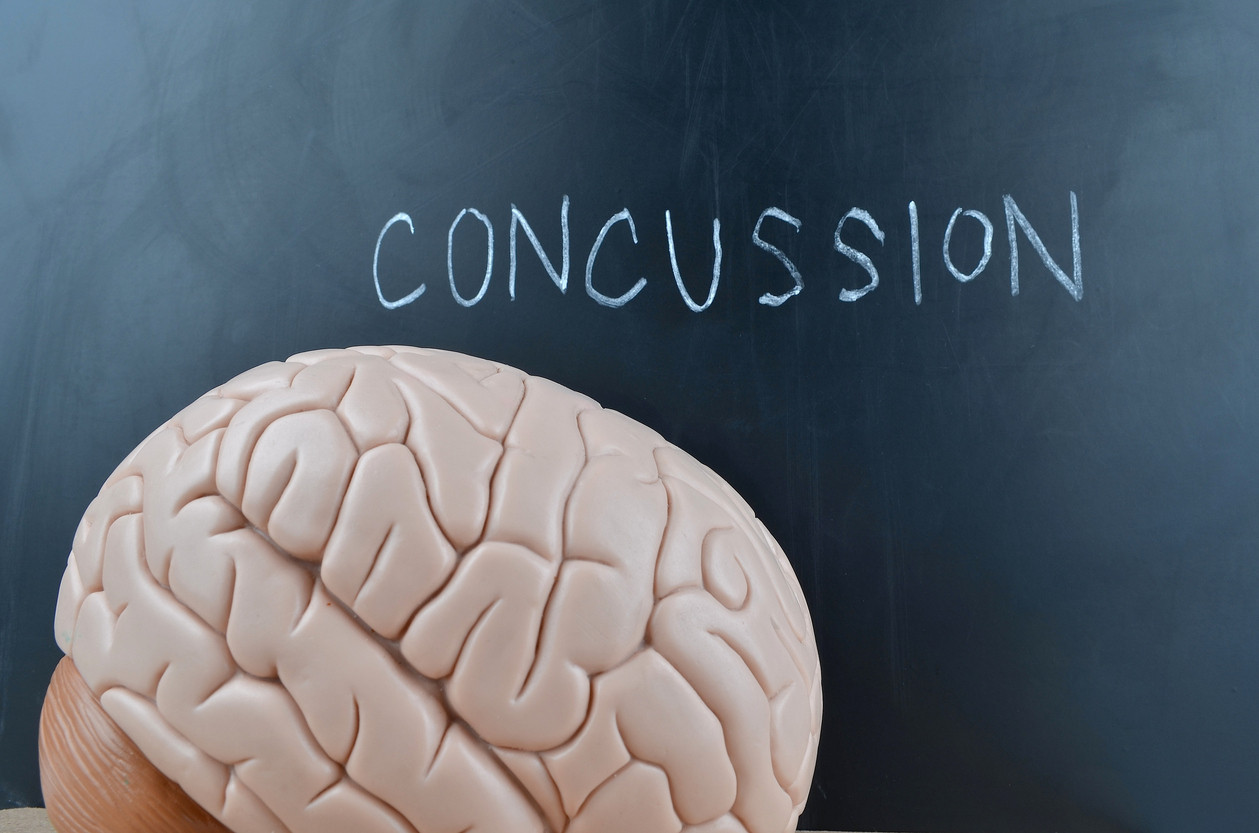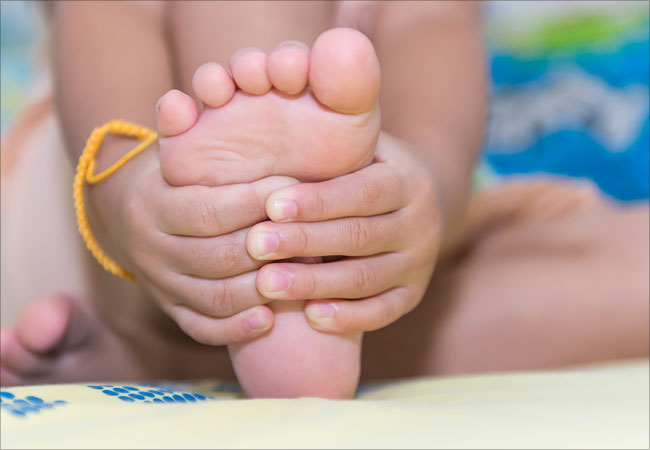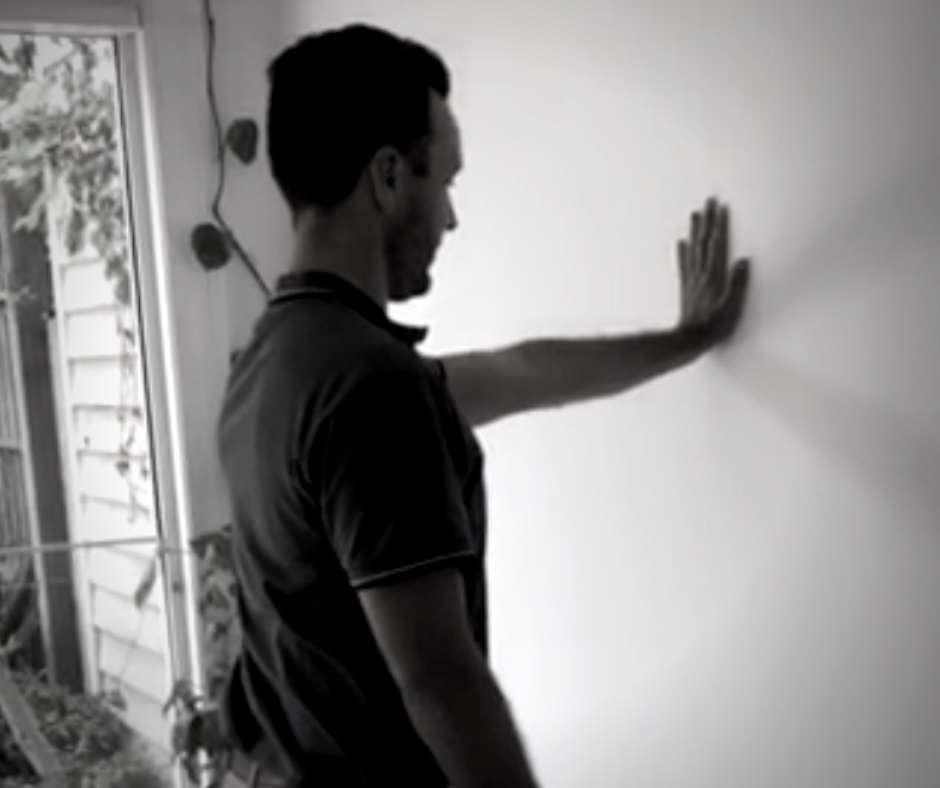Identifying + Managing Concussion
Our awareness of concussion has increased in recent years, with professional sports teams and the media shining a light on what is a weekly occurrence at many local sporting fields. Yet despite the increased coverage research indicates that
‘over 75% of parents can’t recognise the severity of concussion symptoms even if they were at the game and over 93% of parents were not aware of return to play or school guidelines.’
Now the sporting field is not the only place you can suffer a concussion, with many motor vehicle accident and work place injuries reporting concussion.
Most of us are aware that concussion can occur as a direct result of a blow to the head or face, however you don’t need to lose consciousness to suffer a concussion. The main purpose of immediate concussion management is to identify symptoms, remove from play or activities and assess if further intervention is required.
Many of are familiar with the common symptoms of concussion:
- Headache
- Tiredness or fatigue
- Drowsiness and sleeping more than usual
- Nausea
There are physical symptoms that may include:
- Balance problems
- Dizziness
- Clumsy movement
- Visual problems (blurry, double vision)
- Sensitivity to light
- Sensitivity to noise
and thinking and memory symptoms:
- Acts or appears mentally “foggy”
- Has difficulty concentrating
- Has difficulty remembering
- Becomes confused with directions or tasks
- Answers questions more slowly than usual
Many of the above symptoms are a direct result of injury to the brain that causes an energy crisis as the brain attempts to heal itself. These symptoms commonly last for 7 – 10 days in adults and can last for up to 4 weeks in adolescents and children. Rest in the initial 48 hours is imperative followed by a slow return to activity as tolerated. This will differ form person to person.
What happens if your symptoms don’t resolve?
The vast majority of single concussions will resolve in the expected timeframe if diagnosed and managed correctly. However it’s not uncommon for symptoms of concussion to last beyond the initial 7 – 10 days. It is at this point that many patients seek the assistance of a general practitioner.
At Williamstown Health + Lifestyle and the Melbourne Headache + Migraine group, we conduct a thorough and case specific assessment centred around several processes. This allows us to come up with an individualised treatment and management plan.
Our initial assessment is comprised of:
- Clinical Interview
- Neurological Screening
- Vestibular – Ocular Screening
- Cervical Spine (upper neck) assessment.

The post-concussion rehabilitation plan is individualised for each patient’s specific needs. Depending on the likely clinical trajectory, the rehabilitation plan may include:
- Balance exercises
- Vestibular retraining
- Vision exercises
- Convergence therapy
- Habituation
- Eye focussing tasks
- Cervical spine manual therapy
- Functional skill acquisition
- Reading games
- Exercise therapy
How Long Does Concussion Management Take?
Unfortunately, there is no one answer to this question. As you might guess, length of rehabilitation is individual and depends on a variety of factors including injury severity, chronicity of injury, general health status, and compliance with rehabilitation among other things. Our clinicians will do everything they can to assist you in achieving a speedy and complete recovery from your injury.




